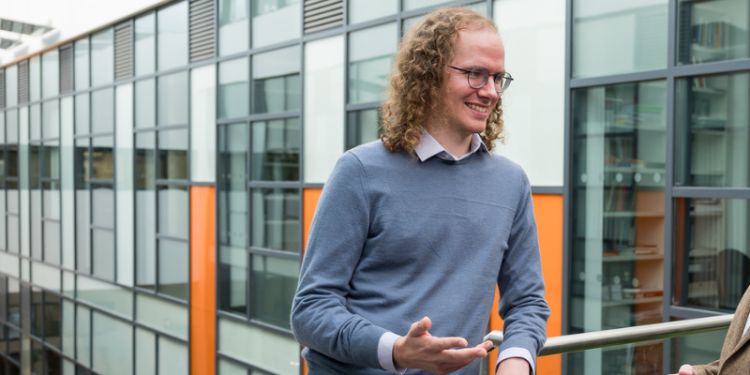Leeds Lecturer Gives Keynote Speech at Inaugural Police and Crime History Meeting

Dr Churchill's speech was given on 23 November at the inaugural International Meeting of New Researchers in Police and Crime History.
Dr David Churchill, Associate Professor in Criminal Justice at the School of Law, gave the keynote lecture at the first International Meeting of New Researchers in Police and Crime History, 22–24 November. This is the first conference of its kind, aimed at giving new researchers around the world an opportunity to present their research. It was held virtually and organised by the project team on the 'CINCRA' research project (on the history of crime and police cooperation in the Ibero-American Atlantic), along with postgraduate researchers at associated universities.
Dr Churchill said of the conference:
It's a privilege to be invited to speak at this inaugural International Meeting for New Researchers in Police and Crime History. The conference will provide an excellent forum for new researchers from across the world to present their research and make new connections. I wish the organisers every success with the conference and I hope that it becomes a regular fixture in the academic calendar in police and crime histor
Dr Churchill’s talk was entitled: 'Crime History as Historical Criminology: Researching Crime History in an Interdisciplinary Context'. It built upon research that he has done with others (Dr Iain Channing from the University of Plymouth; Professor Henry Yeomans from the School of Law at the University of Leeds) over last several years on historical criminology. He proposed that the framework they have developed for conceptualising 'historical thinking' in criminology might help new researchers in crime and police history to think through the applications and implications of their research in wider, interdisciplinary contexts. He also suggested that reflecting deeply on the theoretical underpinnings of research in crime and police history opens up rich opportunities for researchers in this field to make major contributions to criminology and the social sciences.




